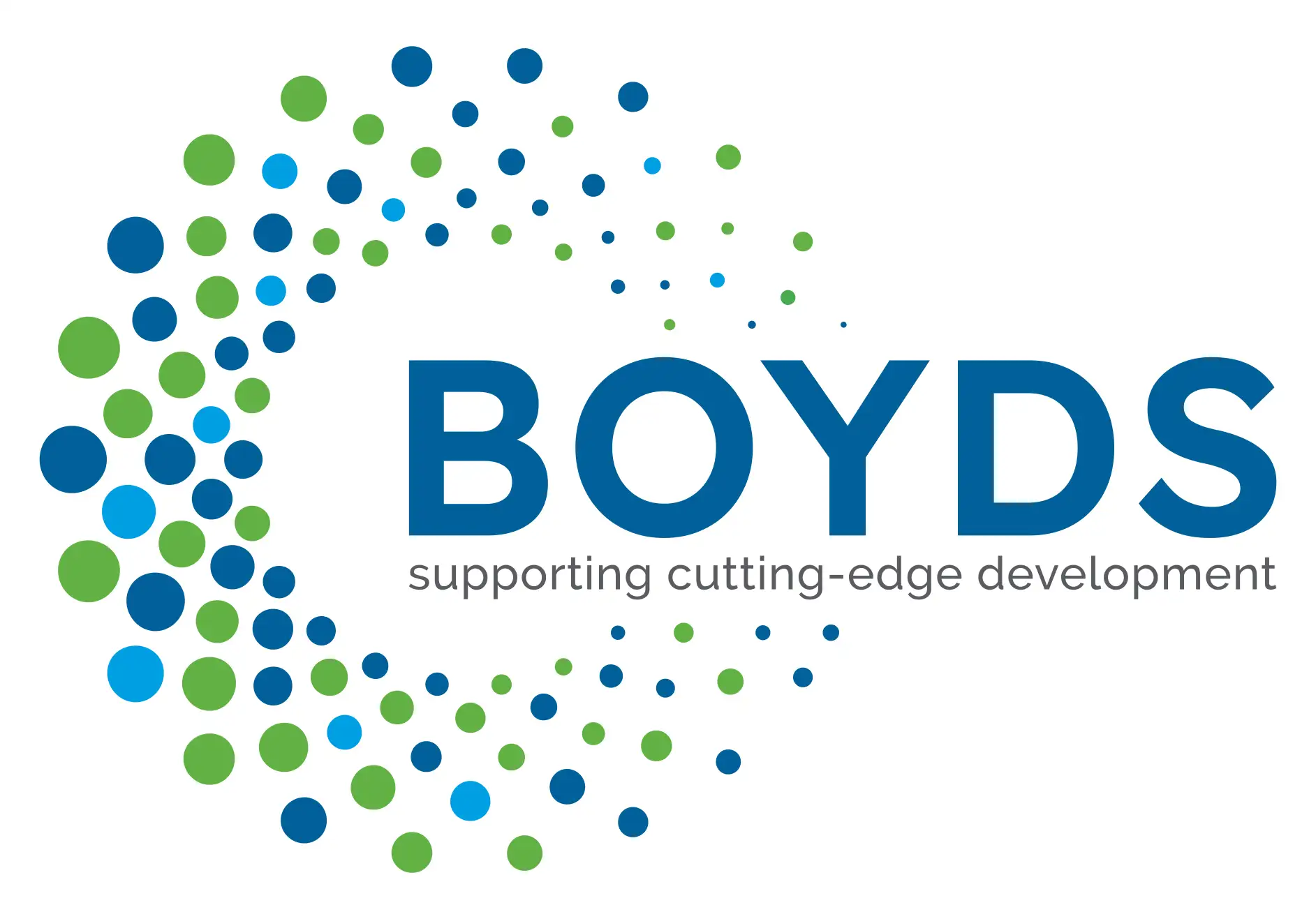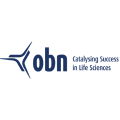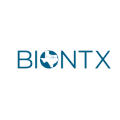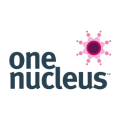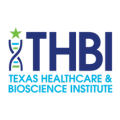Setting up clinical trials can be a very complex process and encompasses several essential activities in order to initiate a study. Ensuring effective study start-up is key to determining whether the study will succeed or fail, as is having the required expertise to ensure the trial is run efficiently all the way through to study close out. The Clinical Operations team has a wealth of experience in clinical trial management and in this blog, Dr Karen O’Hanlon sets out the approach the team follows to help maximise trial success.
Multi-step approach
At Boyds, our Clinical Operations team follows a multi-step approach to study management. The process ensures that all aspects from study start-up, to project management of the clinical trial, through to close out are handled efficiently and professionally.
- The study start-up stage is time consuming and key to trial success and ensures all requirements are in place before the trial begins. During this stage, the team focus on suitable site selection and patient identification. The Regulatory team are involved from the outset, working with the Clinical Operations team to complete all regulatory and ethics submissions, including setting out protocols and putting in place the required patient information sheet and consent forms. The team works with the sponsor to set out the plans for communication, monitoring and medical monitoring.
- The Clinical Operations team project manages the trial, overseeing site monitoring activities, patient recruitment, medical and clinical monitoring, oversight of data reporting to the safety review committee as well as the pharmacovigilance reporting.
- At the end of the trial, our team manages any data cleaning, oversees the database lock and statistical analysis, ensures all site close out activities are completed and compiles the clinical study report.
Accelerated strategy for study delivery
One thing the pandemic taught us, is how to develop and implement an accelerated strategy for study delivery. Whilst it is possible to accelerate the process, it is important to recognise the challenges and mitigate these with potential solutions.
In order to accelerate the start-up process, Boyds ensures there is a dedicated project manager and team in place from the outset. To move activities forward swiftly, early site engagement is essential, and completing workstreams in parallel ensures documentation is finalised quickly. We set up regular team calls and encourage open communication across all stakeholders to help mitigate risks before they become issues.
With all trials there are risks, and our experience helps to ensure these are identified early on so issues can be resolved as close to the source as possible, saving time later.
Driving study delivery
The dedicated project manager will have clinical operational oversight from site identification to study start-up, conduct and close-out, providing direction and accountability for delivery. The project manager is responsible for:
- Study start-up activities
- Study delivery
- Successful and on time completion of milestones
- Maintaining quality standards
- Budgetary control
Working together
From the early planning stages, the project team generates the communication plan and structured escalation pathways. The project management plan is developed, setting out risk management, site activation management, the monitoring plan and, vendor management.
The project management team works in collaboration with the sponsor and all stakeholders to set out and understand expectations, ensuring regular communication throughout the duration of the study, as well as providing regular status reports.
Boyds provides a coordinated and collaborative approach from study start-up activities through to overseeing and managing clinical trials to completion. Our highly experienced team has initiated numerous studies globally. Along with our network of trusted CRAs, we bring together expertise in site feasibility, regulatory and ethics submissions, drafting informed consent forms, co-ordinating translations, developing site budgets and facilitating site contract finalisation. To find out more about how Boyds can help your studies, get in touch with a member of the team.
